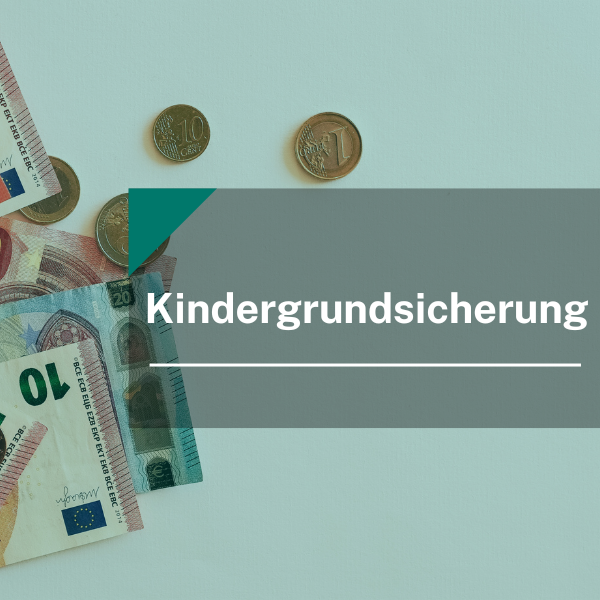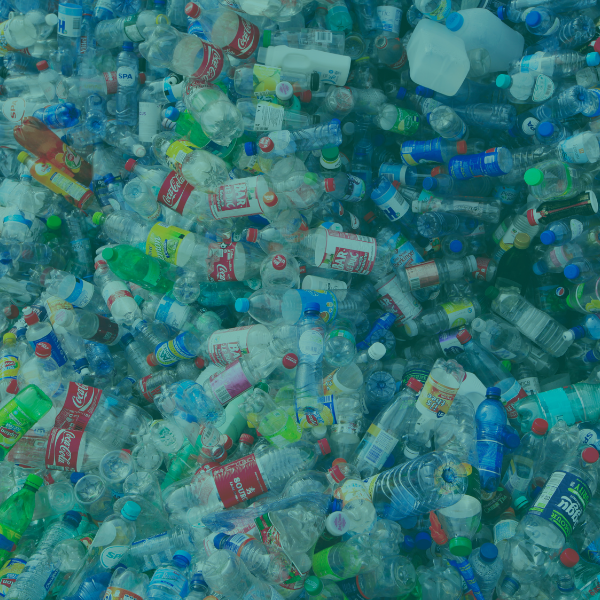One in five German households with children lives below the at-risk-of-poverty threshold. Germany’s current coalition agreement aims to strengthen families and lift children out of poverty. Against this background, the basic child allowance is currently under discussion. In the public debate, however, the long-term societal costs of child poverty are hardly ever compared with the costs of measures against child poverty. Yet, the costs are significant and occur in the areas such as health, education and social participation. Scenario analyses confirm that policy measures can be effective in reducing child poverty. Investing in children can therefore lead to substantial fiscal savings in the long run.
Economic and ecological transformation costs of mandatory reuse requirements
According to the German Packaging Act, the target for reusable beverage packaging is 70%. With a recent figure of 43.1%, this target is still far from being met, and political targets for increasing the proportion of reusable packaging are increasingly becoming the focus of public debate.
The state of Baden-Württemberg on the road to climate neutrality
The government of Baden-Württemberg has set itself the goal of making the state carbon-neutral by 2040. However, to meet this challenge, transformation efforts on an unprecedented scale are required. On behalf of the SPD parliamentary group in Baden-Württemberg, DIW Econ has analysed how much CO2 emissions need to be saved each year and what measures need to be taken in the buildings, transport, electricity and heat generation sectors to reach the goal of climate neutrality in 2040 by 2030.
We are looking for Administration & Office Management Staff (f/m/d)
Our young and dynamic team with an international focus needs your active support. The position is suitable for those just starting out or returning to work after a long break, and can be full-time or part-time.



